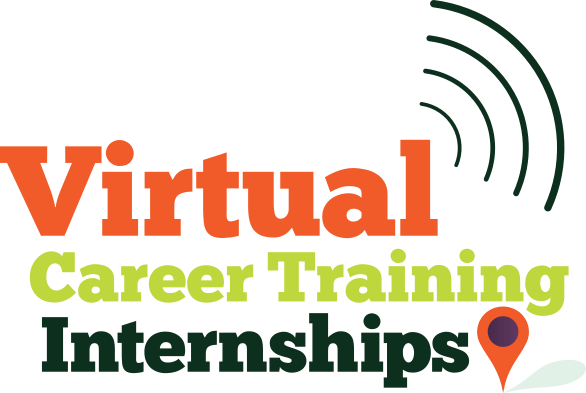How to Develop a Career Plan
1. Identify Your Career Options
Examine your skills, interest and values through a self-assessment. Review career information, research companies and talk to professionals in your fields of interest. Take part in virtual internships to get a feel if a career is right for you.
2. Discover Growing Job Markets
Growing job markets offer a lot of professional potential, talk with experts in the fields about the most exciting opportunities they foresee. Read the top publications and online news sources for your field, and watch for emerging careers that interest you.
3. Reflect on your Career Path Since your Last Career Planning Session
Research shows reflection increases productivity and performance, so take time to think about your current situation and the path you want to follow. Are you happy with your career path so far? What could you have done better or differently? What can you change in the future? When you understand yourself and what you really want, it’s a lot easier to create a plan that suits your goals and your lifestyle.
4. Assess Salaries and Benefits
There are a number of websites out there that have salaries for jobs in every field; websites such as www.glassdoor.com has reviews of salaries from current and former employees of most companies.
As you review job listings, make note of the benefits each position offers, such as healthcare, vacation time and telecommuting opportunities. These benefits can reduce your expenses and improve your quality of life, making them essential to factor into your total compensation.
5. Research Further Career Advancement Opportunities
A fun part of career planning is picturing your career in the future. Where will you be in a year or in five years? While it’s impossible to plan everything, it’s always a good idea to know where you’re going and what various career paths are available to you.
As employees progress in their careers, fewer jobs at more senior levels become available; yet continuing to grow your skills and experience should still be a priority.
You can continue to experience career growth by investing in your career development – e.g., you can talk to your manager about job shadowing other employees in your company to learn about different jobs, or you can attend various training sessions and workshops. You can explore lateral moves to broaden your experience or find a mentor in a different department that you’d like to explore.
6. Set SMART Goals
Since pursuing a career path can take years, divide broader objectives into smaller goals you can track. Try setting SMART goals to guide you through the process:
- Specific : Make your goal as precise as possible. If you aspire to be a teacher, set a specific goal, like securing a job teaching high school biology in your local school system.
- Measurable : Quantify your progress. Set benchmarks like completing a bachelor’s degree in education or applying to 10 jobs that meet your requirements.
- Attainable : Set goals that you can achieve. To confirm that your goal is attainable, think about the individual steps and consider how realistic they are.
- Relevant : Any career-related goal you set should genuinely matter. Think about how important the goal is and whether it will help you reach your long-term objectives.
- Time-based : Give your goals deadlines. You will have an easier time achieving the end result and motivating yourself to action if you have committed to a specific time frame.
7. Create your Career Action
To create a map for your professional future, review action items from your SMART goals and chart the steps you will need to follow. Then, put them on a paper or digital calendar to establish your schedule. Keep your career action plan readily available so you can review it regularly. Check off each step as you complete it, and reward yourself for achievements both big and small.
Revisit and revise your career action plan as necessary. New opportunities, technological advances, personal priorities and trends in the economy can all cause essential career planning changes.
8. Keep a Record of your Achievements
Most of us don’t keep a track record of work achievements; however, this is not only useful for building your resume, but it’s also useful for career planning. Learning to track and write about your professional accomplishments will serve you well when working toward your next career goal.
9. Identify your Transferable Skills
Maybe your job title is Business Analyst but you have a huge amount of project management experience – skills that could be applied to other jobs. Think beyond your current job title by considering your goals and how the skills you have now would be useful in a new role. Make a list of relevant transferable skills to add to your resume.
Also, do some research on what skills you need to gain. If your goal is to become the VP of Finance, for example, what experience and skills do you need to gain in the next year, or in the next five years, to be qualified for that job title? Then create a plan for achieving your long-term career goal.












